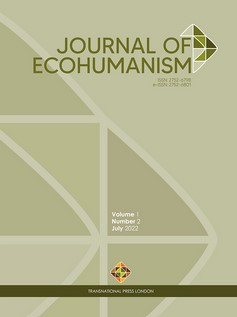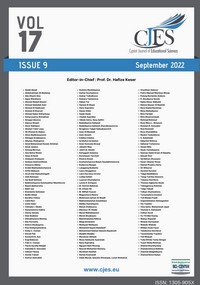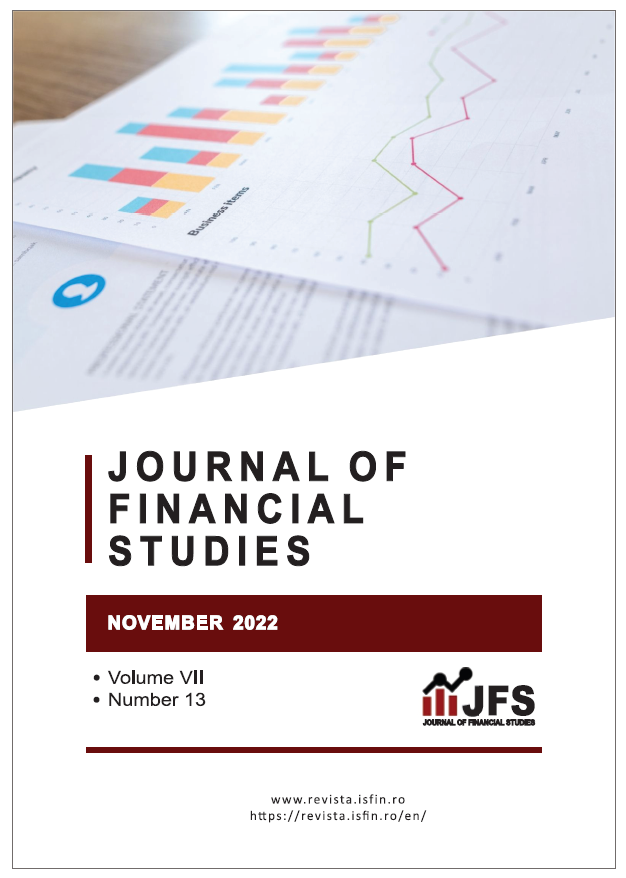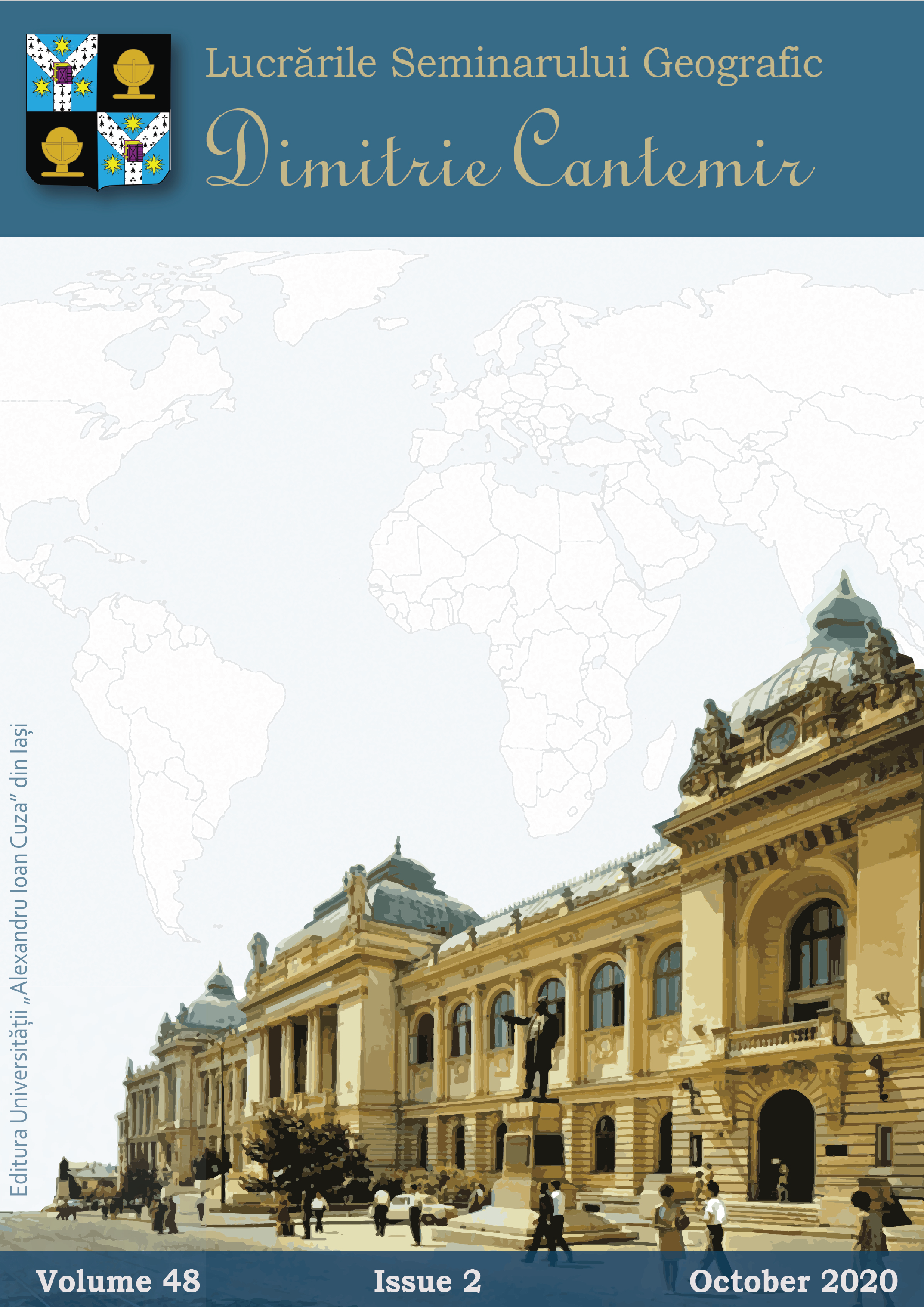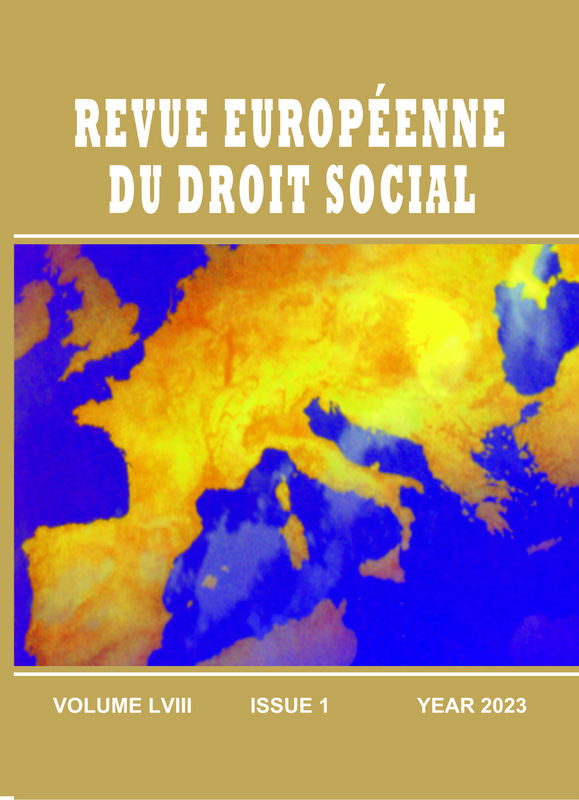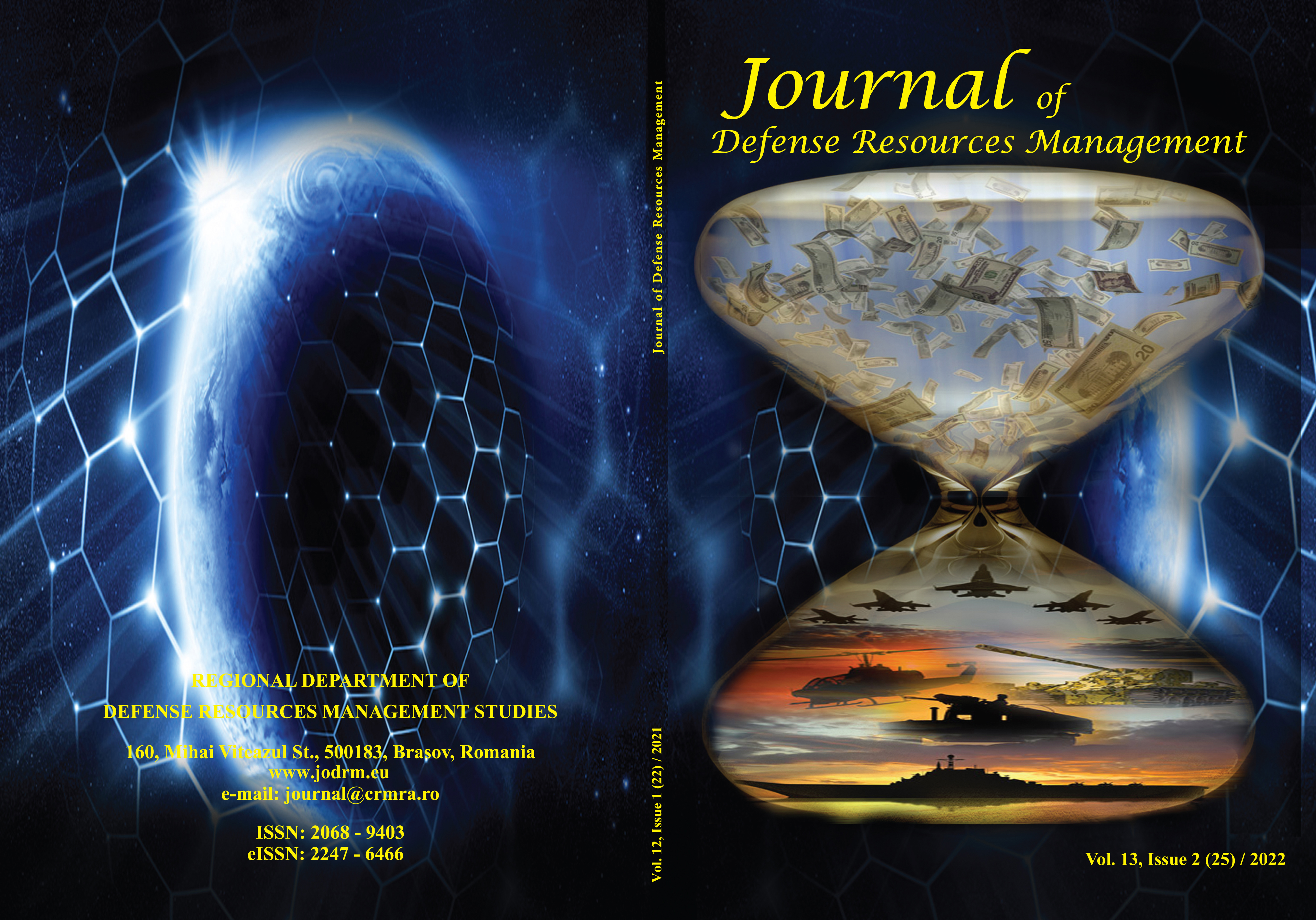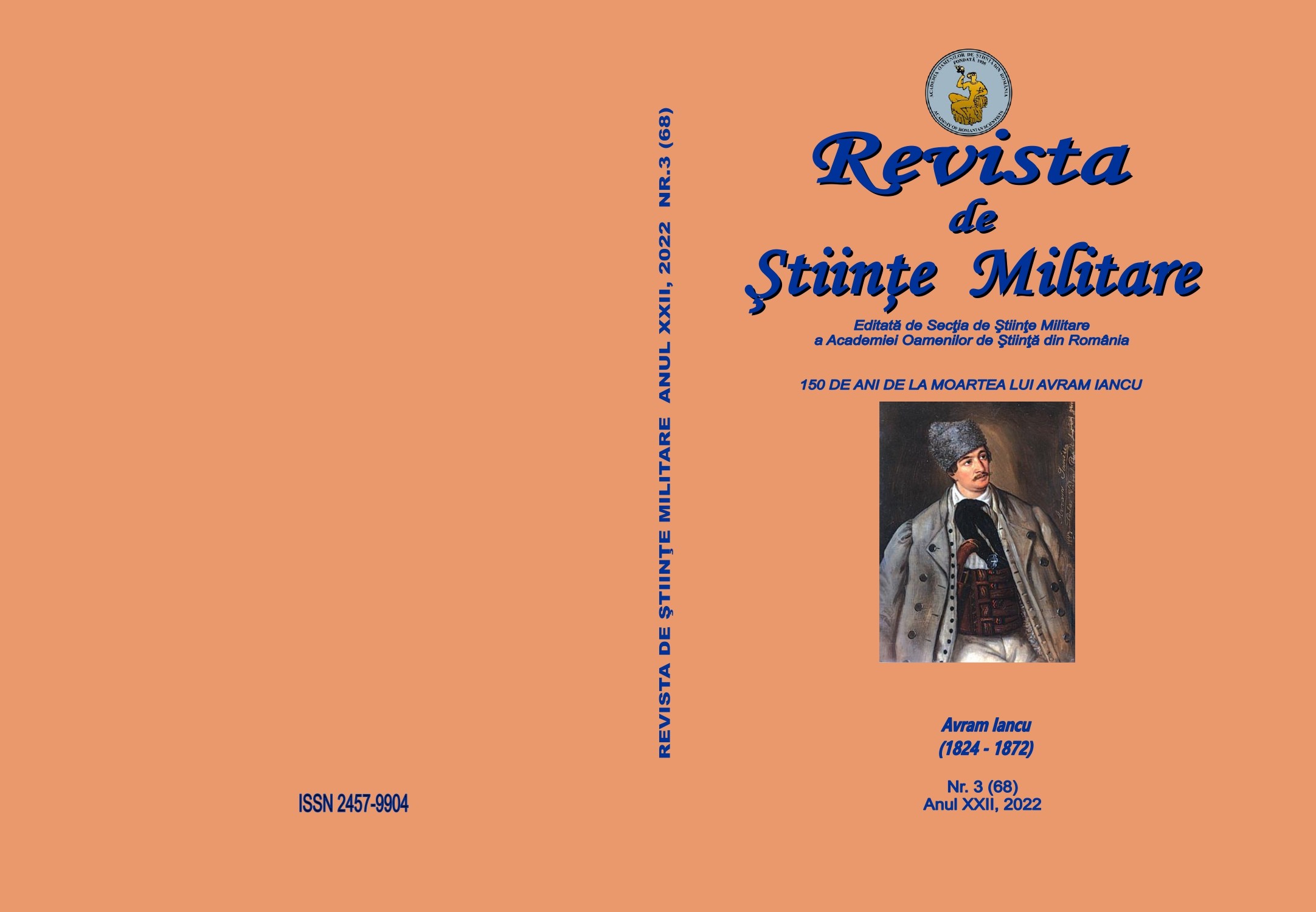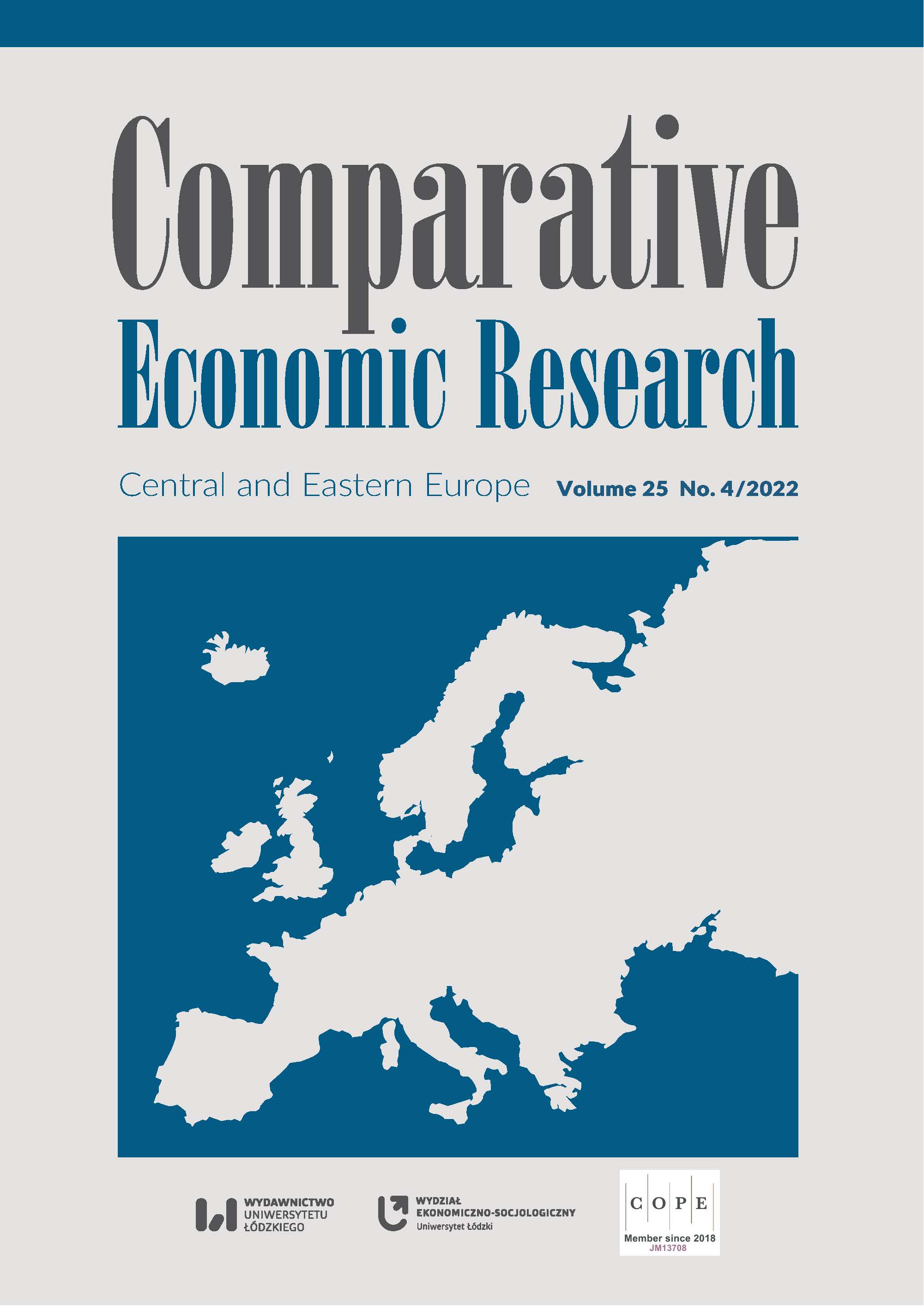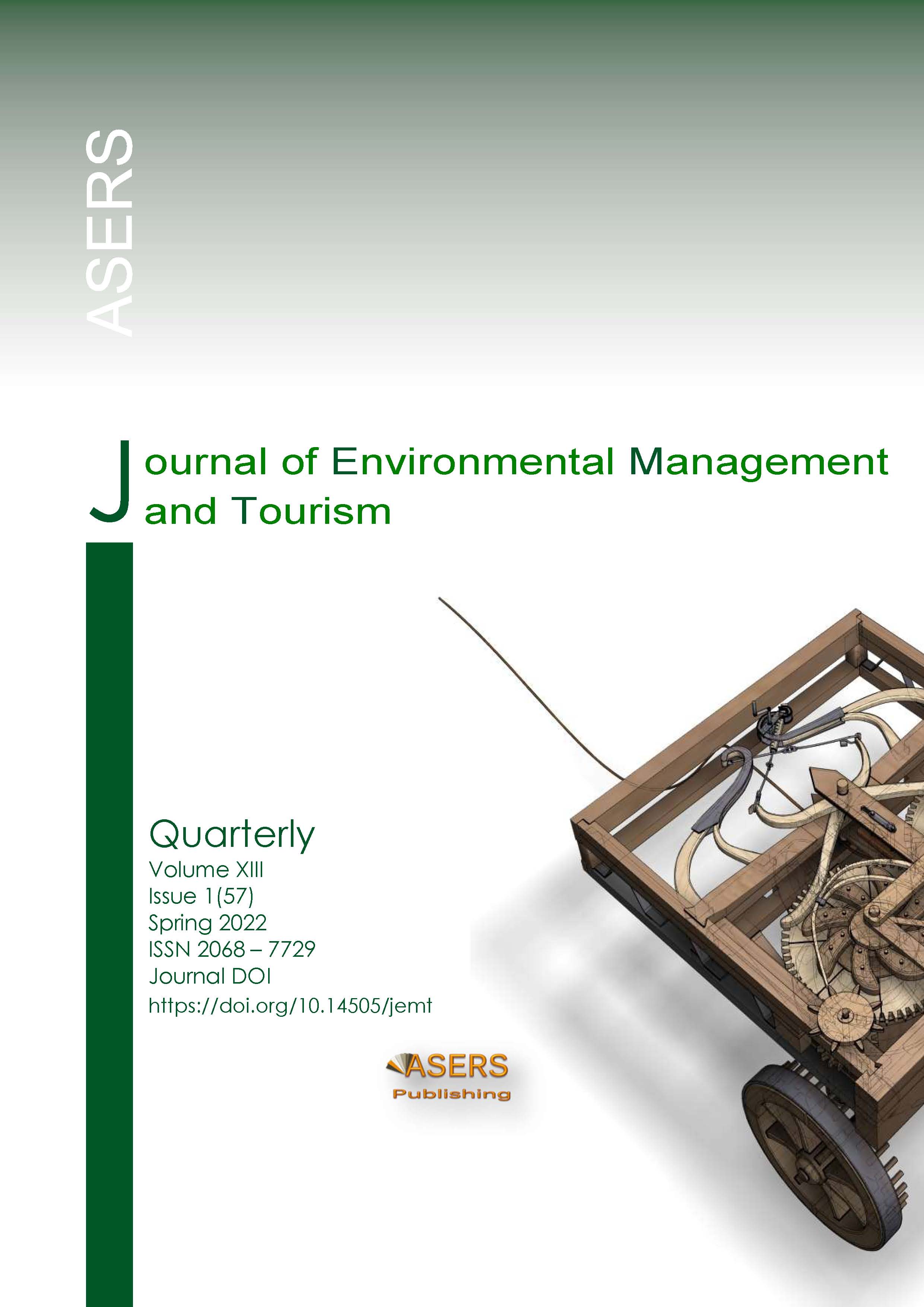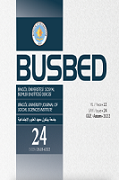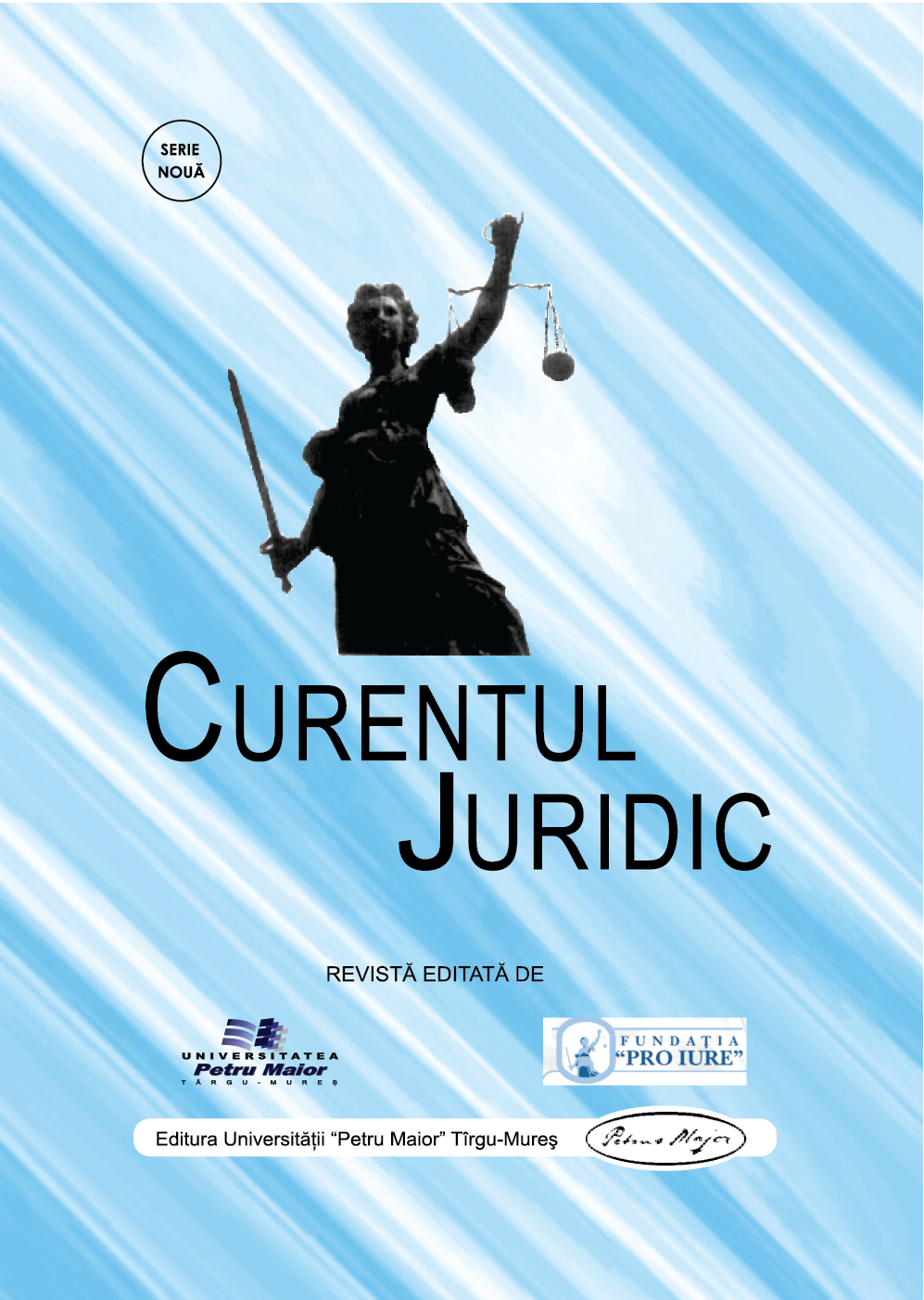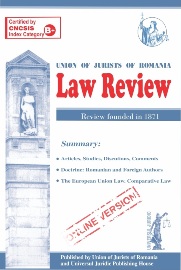
ENVIRONMENTAL CRIME IN THE EU: IS THERE A NEED FOR FURTHER HARMONISATION OR FOR NEW ENFORCEMENT TOOLS?
Criminal approach of the environmental issues is both an innovative and a necessary evolution of a much wider field of regulation, at an international, European, and national level; hence, it is but part of the legal action taken by societies, in order to assess and partly solve the environmental crisis, and also to limit its impact on human life. Assuming a dominant position regarding the environmental aspects, the European Union has adopted a framework regulation regarding the protection of the environment through criminal law, as a tool for harmonizing national regulations of the member States, in order of creating a unitary legal approach of incriminating behaviours dangerous for the environment. Despite its generous purpose and its relatively recent date, the 2008/99/EC Directive is considered to be a useful, but still limited and even inefficient instrument, demanding for further improvement and completion, both at a EU and member State level.
More...
